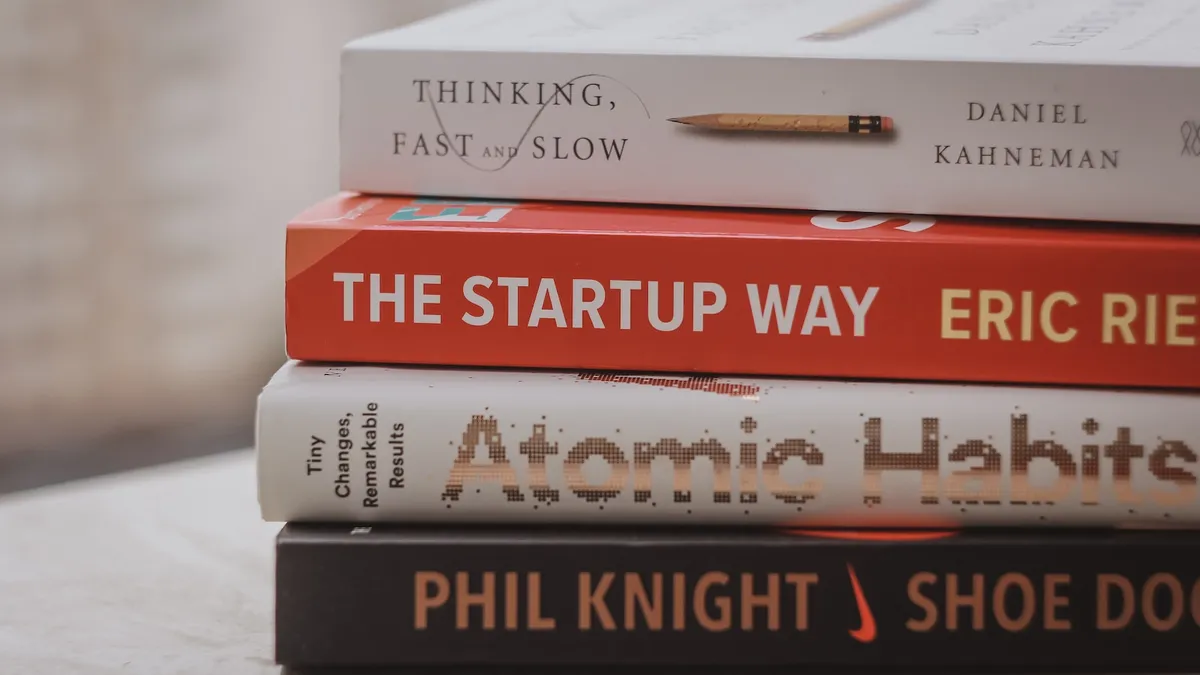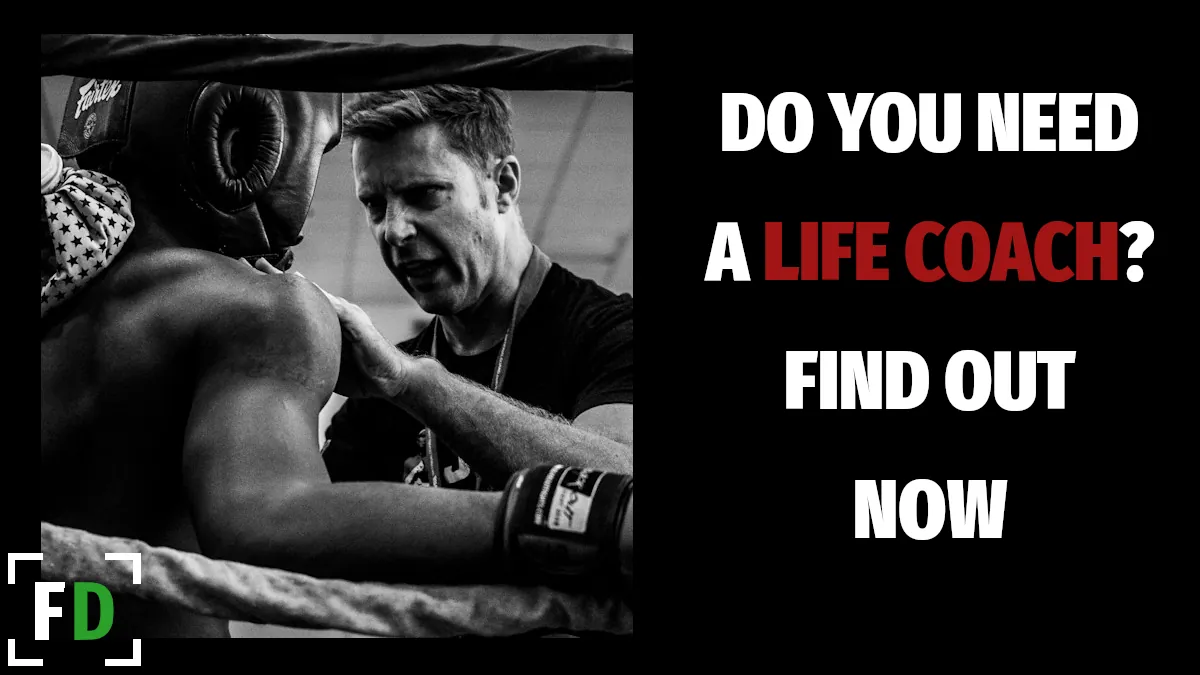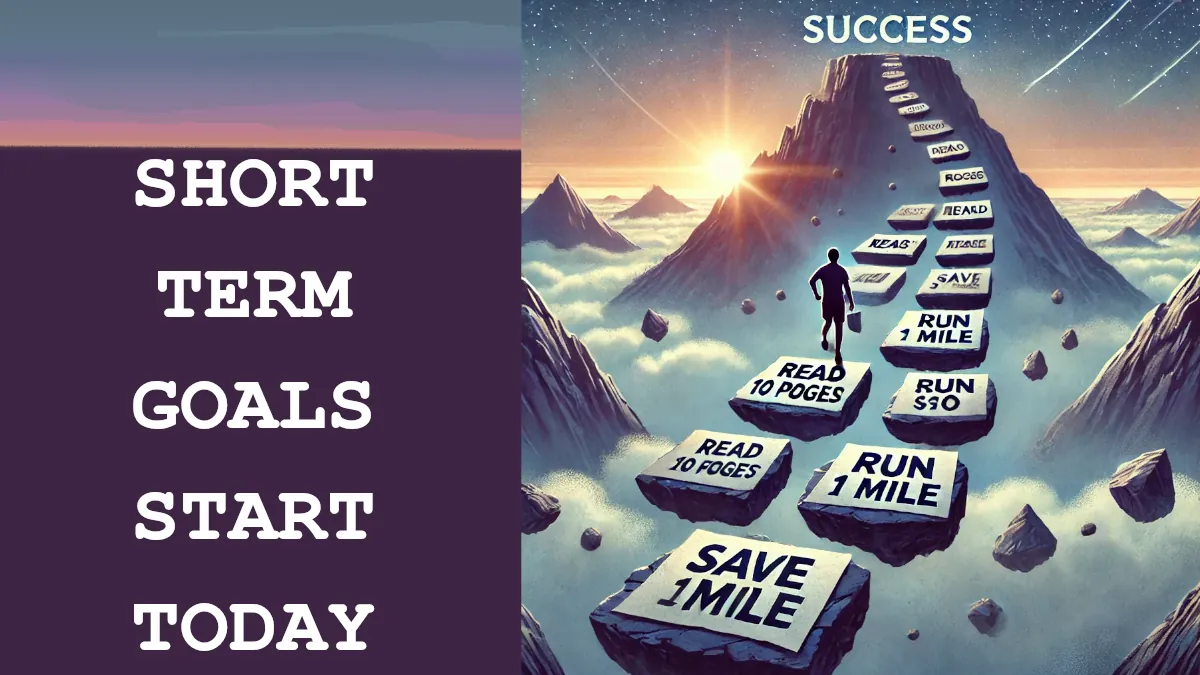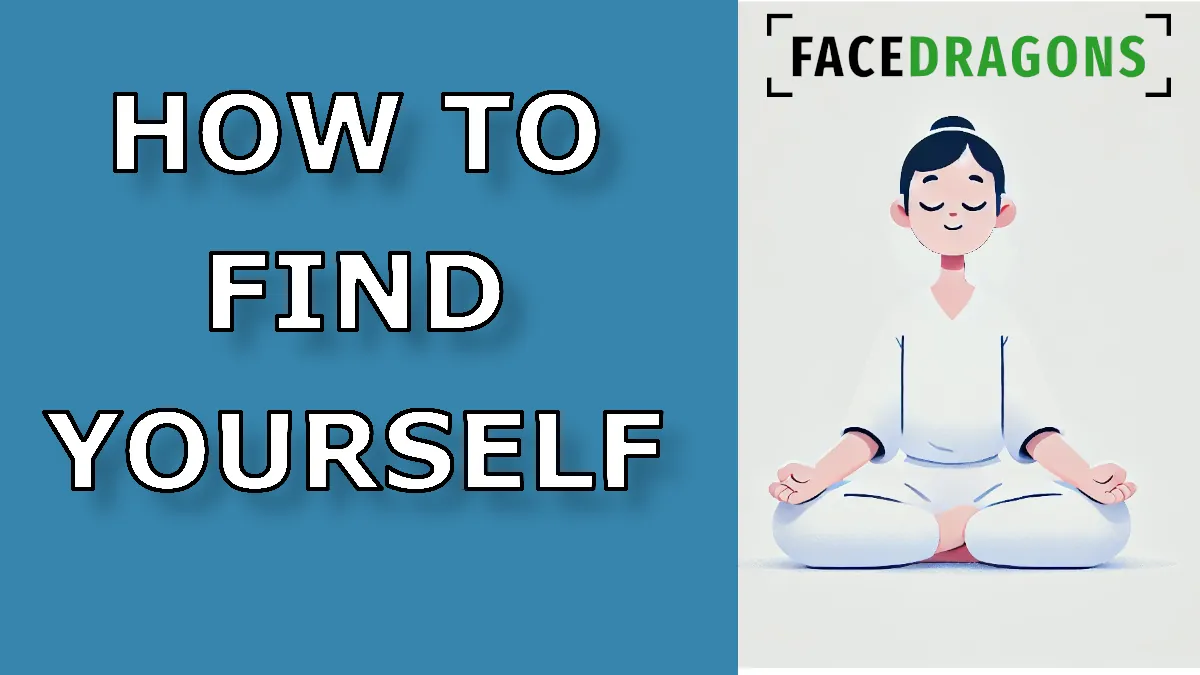Face Dragons is based on the idea of self-improvement, to make yourself courageous, strong, and able to stand in front of the terrible dragons that life throws at us all. While everyone has a unique journey toward finding meaning, there are self-improvement habits that we can all use to improve our lives and help us stand up to dragons.
I’ve taken the most popular self-improvement habits that influencers, bloggers, and YouTubers recommend and ranked them for how much difference they’ll make to your life.
These are the habits that make you happier, improve your self-discipline, and ensure success in life. They won’t change your life overnight, but if you spend time setting up good habits, behavior change will come, and life-changing results will follow.
The Number One Self-Improvement Habit: Reading
There is a vast swath of society who don’t read. Jordan Peterson made a great point about the explosion of podcasts over the last decade, “It’s a Gutenberg Revolution in the Domain of video and audio, and it might be even deeper than the original Gutenberg Revolution because it isn’t obvious how many people can read, but lots of people can listen.”
The world of self-improvement so often glosses over the truth he mentions here; not everyone can read. Even people who are able to read a short article or a few sentences in an email or on social media can’t necessarily read and follow a book or a complicated argument.
But as Peterson quickly follows, “But, lots of people can listen.” This doesn’t only limit them to podcasts and music; almost every popular book published now is simultaneously realized as an audiobook, which means the knowledge contained within those books is accessible to them too.
Of course, many still would say they don’t want to read or listen to a book; they’d rather watch Netflix or scroll TikTok, but hey, they aren’t the people interested in self-improvement.
Another argument is that you can just watch a documentary or YouTube video and get all the information from a book anyway, especially now that book summaries are so popular online. But here’s the thing, most people don’t write books, and those who do don’t write many. A (nonfiction) book is written out of the experience that the author has obtained over a lifetime, but it will take you only a few hours to gain that knowledge.
The author’s circumstances and situations show how the ideas evolved and how you can best utilize the ideas they have developed. And again, you’re getting a lifetime of knowledge distilled into the best ideas for a few dollars and a little time. A five-minute summary simply can’t go into enough detail to convince you of the concept, show you how to use it, and help you understand how it came about. Instead, it’s turned into a tidbit you’ll forget as soon as you click away.
So read deep and read wide and collect the best ideas to help you on your personal journey toward success.
Here are three favorites of mine:
- Making It All Work, David Allen – the ideas in this book were over twenty years in the making.
- 1984, George Orwell
- Hope and Tragedy, Carroll Quigley
2. Task Management
“You don’t manage and hour and come up with two. You can’t manage time, only action.”
David Allen
This is one of the truths you’d know if you’d read David’s book. Getting Things Done is about managing what you do, and it comes down to two factors: deciding what you will do and how you will do it.
Regardless if it’s the tasks for today, a month from now, the next five years, or things you’d just like to do before you die. To get them done, you need to decide what they are and how to do them. Of course, GTD gets much more complicated than that, but at its essence, it’s about managing the things you want to do.
To achieve this, all you need is a list. A basic list on paper can remember things with a 100% recall rate; how many of us can say our brains can do that? And if you don’t have your tasks written down somewhere, you rely on your brain to remember them.
Most people have between 100 and 300 things they want to do at any time and hundreds more they might like to do but haven’t decided yet. These could be as simple as “Get a wrap for lunch today,” “Learn French next year,” or “Learn to play the hang drum after I retire.”
If you rely on your brain to remember all 300 tasks, dozens will slip through the cracks, and one day, you’ll regret the things you never did.
A task management system isn’t restrictive and doesn’t push you to work more than you want. Instead, it’s a little treasure trove of all the things you want to get done. Then, you can read over it and fantasize or pull an item out to check off that day.
Set up a simple minimal task management and productivity system in a few minutes.
3. Master Your Craft
Everyone wakes up each morning and does something.
For some people, it’s coffee and Twitter or getting the kids out of bed and ready for school, but for others, they work on something they have been doing their whole lives. Dedicating your life to mastering a craft or skill is a way to create lasting satisfaction and turn you into a unique person or a business.
Whatever it is you do, spend the time to develop it beyond what everyone else does.
- If you juggle, don’t be satisfied juggling three balls.
- If you run, don’t aim to complete a marathon.
- If you play an instrument, don’t be content playing other people’s compositions.
4. Working Out
Unless you own a gym or you’re a trainer, going to the gym isn’t making you any money; it will cost you money. After you factor in the membership fees, training equipment, and clothes and footwear, this self-improvement habit costs thousands of dollars every year.
I’m not going to tell you why you should work out. You know that already, instead here are some workout ideas you may have never thought of:
- Choose a martial art
- Learn to juggle (five balls is an intense workout)
- Chen-style tai chi
- Learn to dance
- Get a dog (you walk him, or he walks you)
- Geocaching
- Ultimate Frisbee
- Join a sports club (soccer, tennis, etc)
5. Monk Mode
Monk Mode is one of the best new self-improvement habits. It embodies the self-improvement mindset, i.e., reduce distractions and focus on what’s important.
Monk mode is a new practice many are undertaking, setting aside a few weeks to live like a monk. That usually means:
- No Phone
- Early to bed
- Early to rise
- No alcohol or other drugs
- No socializing
Just 100% focus on their goal.
Monk mode is a great way to make some massive progress quickly, but it isn’t for everyone. The extreme nature of monk mode means it will be difficult for people with family responsibilities or a regular job to commit to. However, you can schedule monk mode around your ordinary life if you are willing.
This means that monk mode is more accessible, and while you might not make as much progress as someone doing it full-time, you can make the best out of the time you have.
6. Understand Your Personality
| Big Five Trait | Motivation |
|---|---|
| Conscientiousness | Structure and Organization |
| Extroversion | Social Acceptance |
| Agreeableness | Relationships |
| Openness | Creative Activities |
| Neuroticism | Security |
Everything you do is filtered through your personality. The way you behave, how you react to others, and how you think and feel are all dependent on who you are inside your head. So if you don’t know who you are, your actions and thoughts will always be a mystery.
On the other hand, if you understand your personality, you’ll know why you are reacting in a certain way and can control how you think, feel, and act in the world. A form of mindfulness, this will make you unstoppable as you won’t get in your own way.
Furthermore, when you understand personalities well, you will know why other people act the way they do and even know how to communicate with them better and work with them. It’s not that you want to manipulate people (though maybe you do). It’s more about working better with people with a common goal.
And knowing how to get the best out of people and yourself.
The Big Five Personality Test is the best test of personality that psychologists use. I’d recommend you start there and see what result you get.
7. Sleep
Sleep is on everyone’s self-improvement habits list, but if it’s so important, why do we all (me too) neglect it so often and so much?
The first thing to understand is that these habits are not stable across your entire life.
For example, high-quality sleep will make a massive difference if you’re in your 30s and 40s. It will be the difference between your business becoming a success or a failure. But at 22, a late night or two will go almost unnoticed. It just doesn’t have such a significant effect.
By the time you get to your 30s and 40s, quality sleep will have a noticeable impact on your life. Studies show that as we age, our sleep patterns contain less deep sleep and less REM sleep, making older people much more likely to wake up during the night and feel less refreshed on waking. The amount of deep sleep we lose is approximately 2% per decade.
The second reason people are so quick to put off going to bed and getting enough quality sleep is that sleep feels like a bank account with an unlimited overdraft. When someone invites you out, you can always go into a little bit of sleep debt. But, even if you don’t repay the debt the next night, no debt collectors are banging at the door.
But this analogy doesn’t really work for sleep. Every time you borrow hours from your sleep account, you lose something you can’t get back, no matter how long you sleep the next day.
The brain encodes information while we sleep, so long-term memories are created, and muscle memory is formed during those deep sleep hours at night. Other processes necessary for keeping your mental health and immune function also happen while you’re asleep; you won’t get those back by sleeping longer the next day.
So depending on how old you are and how energized you feel each day, sleep may or may not be a self-improvement habit you must consider. One thing is for sure, though, if you’re not feeling refreshed or don’t have enough energy to do what you need each day, start by looking at your sleep habits.
8. Morning Routine
A daily routine is great for staying consistent and building self-discipline. It’s easy to repeat the same things over and over when you have a stable daily routine. Unfortunately, we can’t all have such a stable lifestyle, but we can take control of those first couple of hours, especially if we wake early and dedicate ourselves to self-development.
Find yourself a ritual you love to do every morning, and you’ll feel happier. If waking up is a struggle for you, you’ll have something to look forward to immediately after waking.
Routines can change your life, but you must set them up first. And once you start, it’s easy to maintain a new routine. Ensure you have a good bedtime routine, so you sleep well and give yourself the best chance for success each morning. Then, look through this list of morning routine ideas to find the best things to do to help you accomplish your goals and fuel your personal development. Here are a few I recommend:
- Read a Classic
- Drink Coffee
- Breath Fresh air
- Sunshine on your skin
You may notice that these four things can all be done at the same time; it’s a hit of fresh oxygen, vitamin D, caffeine, and knowledge. The perfect way to start your day!
9. Meditation
Meditation means different things to different people.
For some, it’s just sitting quietly and focusing on something; for others, it may have religious or spiritual connotations. But however you meditate, there’s no doubt that it positively affects the mind.
- Stronger impulse control and willpower
- Manage stress
- Increase gratitude and well-being
Here’s a simple meditation exercise that anyone can do:
- Find somewhere you can sit comfortably and won’t be disturbed.
- Close your eyes
- Count your breaths, seeing the number as well as saying it in your head
- When other thoughts enter your mind, or you stop seeing the number, just remind yourself to go back to the number and continue.
- Try counting to 50 and later build it up to 100.
When you finish this exercise, ask yourself how you feel and if you feel any different. You’ll likely feel more focused, less stressed, and more positive. These are expected benefits that people report after practicing meditation.
10. Journaling
Journaling is another self-improvement habit everyone knows about, but few people do it regularly. Writing doesn’t come naturally to everybody; as someone who writes two thousand words daily, I still struggle to write in my journal. But journaling or writing of some kind has two significant effects on who you are.
First, writing solidifies your thinking on a subject. For example, think of your political or ethical views; you may lean a certain way and have some reasons why. But you might have nothing to rely on when questioned for specifics with facts and figures, names and dates, and well-thought-out reasons.
Writing not only highlights the gaps in our knowledge but also provides us with practice in presenting our ideas and an opportunity to research what we really think about a subject.
After researching, thinking through, and writing your thoughts down in a journal entry, you might find that you have changed your mind or at least have a more nuanced opinion.
Journaling doesn’t always need to be an academic exercise, though. For many people writing in their journals is a way to let out all the emotions and thoughts circling their heads all day. Jotting these things down in your journal may help your sleep habit too.
11. Affirmations
You know what affirmations are; you’ve probably even tried them a few times. The problem is they feel weird, and you have no idea if they are doing anything other than making you feel awkward for 5 minutes each morning.
The self-improvement habit of affirmations are sentences you say aloud to yourself, sometimes while looking in the mirror, in the hope that you will convince your subconscious or the universe to agree with you.
Affirmations come under the banner of things I like to call mind over matter, and there is evidence that the mind can make fundamental changes to your body and your life. For example, injured athletes will heal faster and lose fewer skills and even muscle mass if they imagine they are performing their sport or physical training.
It stands to reason that saying affirmations to yourself can help you achieve a goal.
However, there are a few caveats regarding affirmations or manifesting your reality.
- You still need to do something! – Don’t expect that talking without following up with action will have any effect.
- Don’t affirm physical changes. – Yeah, some athletes may be able to improve their rehab with visualizations, but you won’t lose 100 lbs or build huge muscles with affirmations.
- Affirmations can help you change the way you think or behave. – Use affirmations to remind you to be positive or encourage yourself to behave a certain way.
Don’t Forget to Quit Your Bad Habits Too
It’s one thing to forge forward, start new healthy habits and chase personal growth, but don’t neglect the bad habits you’ve developed over your life already. Quitting your bad habits may mean really getting out of your comfort zone because you’re so accustomed to them.
- Set Goals
- Stick to them
- And forgive yourself when you fail








